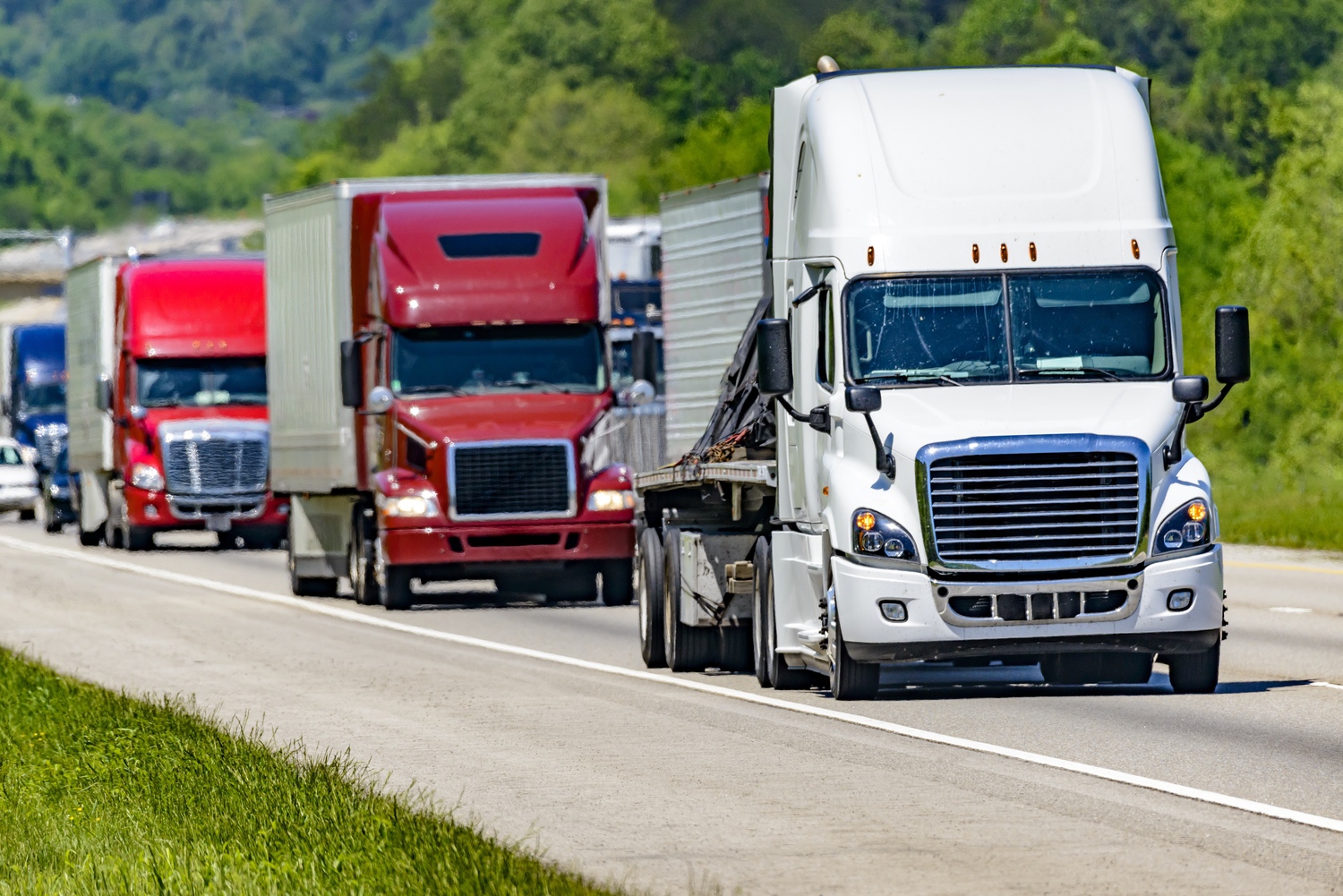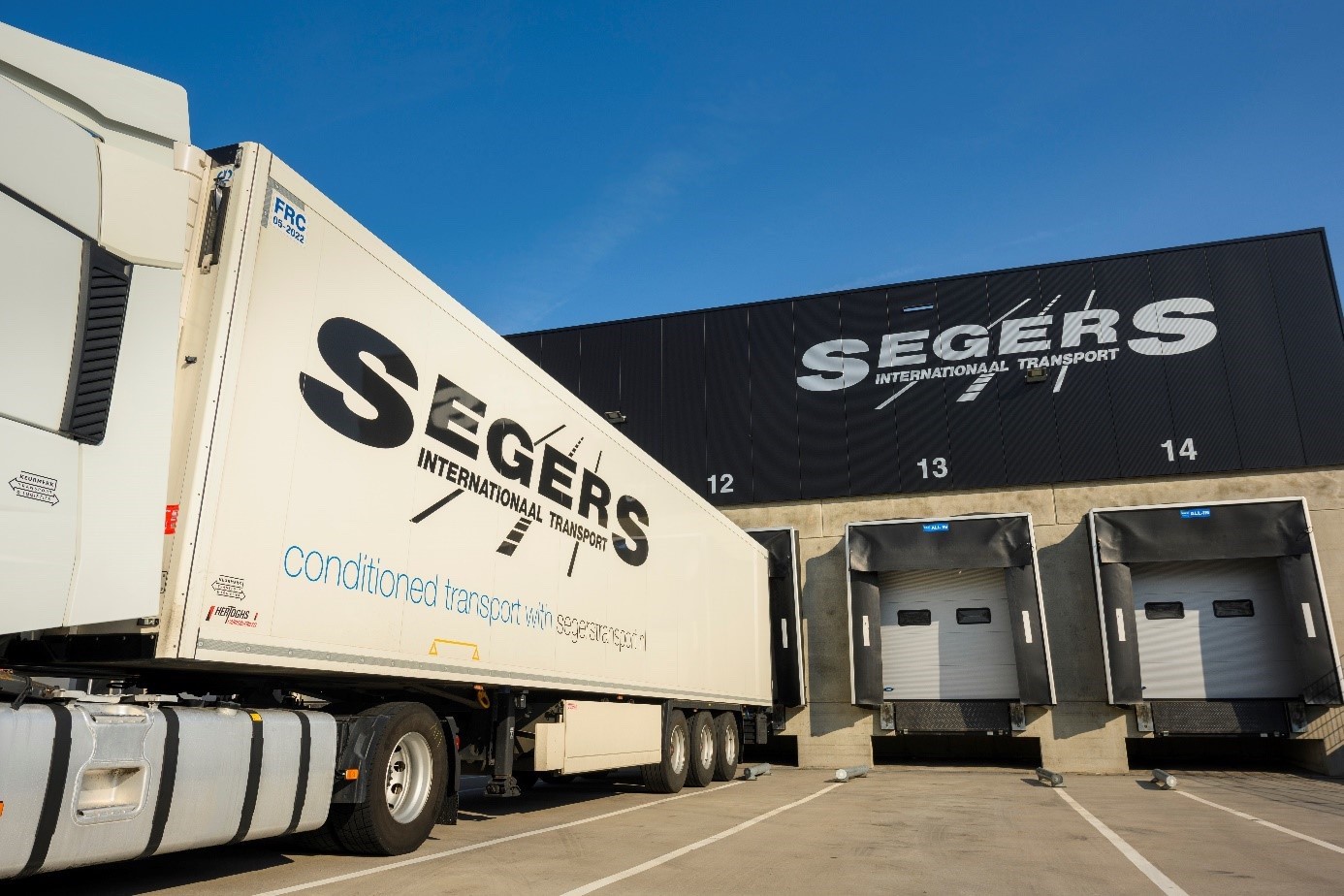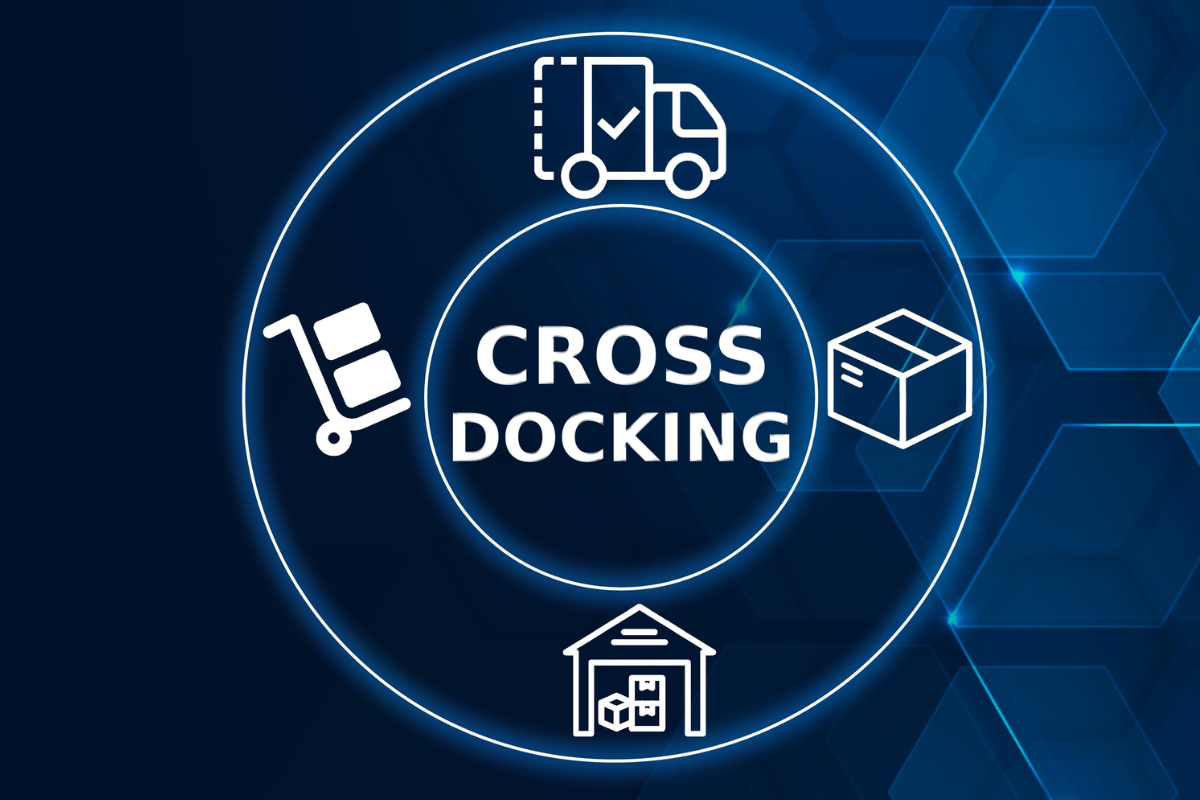

On 27 December 2023, the decree on the application of the ecotax to heavy goods vehicles was published in the Journal Officiel, the government gazette of the French Republic. This text authorises the modulation of charges for access to local road infrastructure according to a vehicle’s level of pollution. What are the consequences for the transport sector? Experts from AURIS Finance, a consultancy specialising in mergers and acquisitions, take a closer look.
The decree 2023-1407, issued on December 27, 2023, has received little attention. However, this text may have a significant impact on the profitability of transport providers.
An eco-contribution
In line with the “polluter pays” principle, the decree introduces a modulation of tolls for goods and passenger transport vehicles according to their carbon dioxide emissions. It introduces an increase in tolls in the event of high levels of traffic-related air pollution and applies to vehicles with a total weight (charged) of more than 3.5 tonnes. Subject to validation by the French government, the scheme is expected to come into force in early 2025. The green tax will be introduced for freight transport two years later, in 2027. The purpose of the tax is to “finance road investment and promote the environmental sustainability of fleets”. While the regulation has the dual purpose of shifting the external costs of pollution to the polluters and encouraging the use of less polluting vehicles, it comes at a difficult time for transport companies.
Three years to make fleets greener
Despite strong demand for freight transport, companies in the sector are currently facing record cost inflation. According to a study by Union TLF, an organisation representing all transport and logistics companies, inflation could reach 6.8% by 2024, excluding fuel. Two factors in particular are driving this trend: personnel costs (up 10%) and overheads (up 6%). At the same time, companies are being forced to commit to the energy transition by making their fleets greener. For the time being, there is still a long way to go towards clean road transport: over 97% of the 615,500 HGVs in France run on diesel.
A sector undergoing consolidation
Environmental requirements call for substantial investment from companies in the sector. Against this background, the trend is towards concentration. Large operators are acquiring smaller companies to give themselves the financial backing they need to make their fleets greener. Recently, three French Intermediate-size companies acquired local operators: Jardel, Groupe Rousseau, and Jacky Perrenot. Each transaction is coupled with a strategic review of the greening of the fleet. For example, 18% of the Jacky Perrenot group’s fleet currently consists of alternative energy vehicles. The group is also preparing to purchase 168 electric vehicles. Companies are taking small steps towards a greener future. Supported by technological innovation, they are making far-reaching changes throughout the value chain, from logistics to packaging, including the use of clean vehicles.
Our experts at your side
Logistics companies with innovative solutions and transport SMEs with a strong local presence are under particular scrutiny by industry giants. AURIS Finance’s experts specialise in each sector. They will assist you throughout your sale and acquisition operations.


